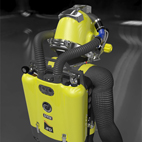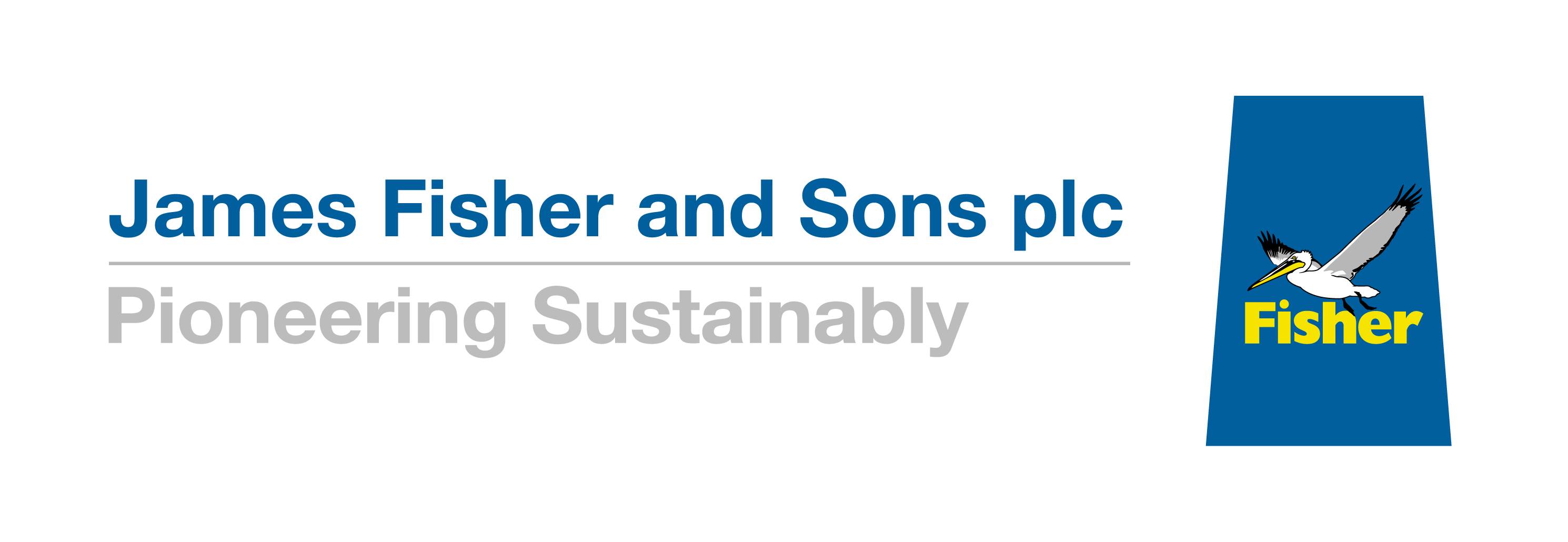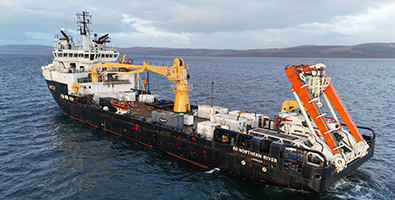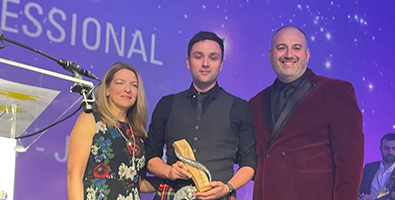- Products
- Commercial divers’ equipment
- Compasses and watches
- Defence divers’ equipment
- Diving instrumentation
- Electrical diving equipment
- Escape and abandonment
- Gas and fluid systems
- Medical and safety equipment
- Recompression chambers
- Submarine intervention
- Submarine rescue
- Tactical Diving Vehicles
- Ansti testing equipment
- Services
- Consultancy and personnel
- Engineering services
- Rescue and support
- Testing services
- Training services
- Ancillary dive gear
- Commercial equipment and tools
- Commercial helmets, masks and SCUBA
- Commercial rebreathers
- Commercial surface supply
- Diver's suits and harnesses
- Contaminated water diving system
- BIBS manifold block
- Divex back pressure regulator
- Divex interlock
- Hy-Fex hyperbaric fire extinguisher
- Hyperbaric flame detector
- Hyperlite hyperbaric stretcher
- Oxygen kits
- Ultralite 2 BIBS mask
- InVicto ventilator system
- DSAR rescue vehicles
- Launch and recovery systems
- Multi-role launch and recovery system
- Submarine rescue bell
- Client representatives
- Dive and ROV system audits
- Diving technical expertise
- Offshore personnel
- Rescue certification
- Remote audit solution
- Altitude testing and trials
- Hyperbaric welding
- Pressure testing and trials
- Test tank
- Breathing laboratory
- Commercial development courses
- Defence training courses
- Medical training courses
- Product specific courses
- Online training courses
- Classroom training FAQ
- Case Study: Roger Chapman Pisces III
- Case Study: HMS Edinburgh
- ANSTI CSTF
- Akademik Tofiq Ismayilov (ATI)
- Archive
- PRESS RELEASE: Andrew Bowie MP visits JFD Westhill to see a global success story in the underwater industry
- JFD secures contract with TechnipFMC
- JFD Australia Demonstrates Its World Leading Submarine Rescue System
- PRESS RELEASE: JFD showcases 42 years of subsea innovation to His Majesty, King Charles III
- Archive
- Divulged - Winter 2017
- Divulged - Summer 2017
- Divulged - Winter 2016
- Divulged - Summer 2018
- Divulged - Winter 2018
- Divulged - Winter 2019
- Divulged 2021 Edition 1
- UDT 2019
- Visit JFD at UI 2016
- Visit us at OTC Asia 2018
- Visit JFD on stand 338 at Underwater Intervention 2018
- JFD is exhibiting at ONS 2018
- JFD is exhibiting at OSEA 2018
- Join JFD at IDEX 2019
- See JFD at Subsea Expo 2019
- JFD takes on BALT Military Expo
- JFD presents complete defence offering at UDT 2018 in Glasgow
- Join JFD at ADIPEC 2018
- Visit JFD at Pacific 2017
- Visit JFD at MSPO 2018 in Poland
- JFD presenting at UDT conference
- JFD is exhibiting alongside James Fisher Nigeria at NOG
- JFD exhibiting at UDT 2016
- Visit JFD at Underwater Intervention 2019
- JFD is participating at Underwater Defence & Security
- See JFD at this year’s IMCA Annual Seminar
- JFD is exhibiting at LAAD Defence & Security 2019
- JFD LEXMAR is exhibiting at OSEA 2016
- JFD is exhibiting at Subsea Expo 2017
- Visit JFD at Indo Defence 2018 Expo and Forum
- Visit JFD on stand 403 at Underwater Intervention 2017
- JFD exhibiting at Europoltech
- JFD at IMDEX
- Visit JFD at UDT 2017
- Visit JFD at DSEI 2017
- JFD is exhibiting at OTC 2018
- JFD is exhibiting at Subsea EXPO 2018
- JFD is exhibiting at Sea Air Space 2018
- Visit JFD at DSA 2018
- See JFD at Defexpo 2018
- JFD is exhibiting at ADIPEC 2017
- Come see JFD at DSEI!
- See JFD at IMDEX Asia 2019
- JFD is at Oil & Gas Asia 2019
- Experience DSEI with JFD
- See JFD's full defence capability at MSPO 2019
- JFD is exhibiting at this year's Offshore Europe
- Visit us on stand 2S16 at Pacific
- See JFD at ADIPEC on stand 13572
- Explore our commercial capabilities at Bergen International Diving Seminar
- JFD showcasing commercial and defence capabilities at Underwater Intervention
- JFD exhibiting alongside James Fisher Offshore at Subsea Expo
- Visit our stand at DSEI 2021!
- Join JFD at Subsea Expo 2022
- Visit JFD Australia at Indo Pacific 2022
- JFD North America is exhibiting at SOFIC 2022
- Experience CNE 2022 with JFD
- Discover JFD at UDT 2022
- Join JFD at GSOF Symposium Europe this October
- PRESS RELEASE: Andrew Bowie MP visits JFD Westhill to see a global success story in the underwater industry
- JFD secures contract with TechnipFMC
- JFD Australia Demonstrates Its World Leading Submarine Rescue System
- PRESS RELEASE: JFD showcases 42 years of subsea innovation to His Majesty, King Charles III
- Archive
JFD launches new breakthrough bailout rebreather system to safeguard the lives of commercial divers
 The COBRA system significantly enhances subsea safety, providing more than double the standard supply of emergency breathing gas.
The COBRA system significantly enhances subsea safety, providing more than double the standard supply of emergency breathing gas.
JFD, the leading global subsea operations and engineering company, part of James Fisher and Sons plc, has today announced the launch of its new Compact Bailout Rebreathing Apparatus (COBRA) for commercial divers, as a direct response to the urgent need for significant improvements in safety in the saturation diving industry.
The system significantly extends the duration of the supply of emergency breathing gas, delivering 45 minutes of emergency life support at a depth of 120 meters. A conventional open-circuit 300 bar twinset bailout system will deliver only seven minutes at that depth. The extended emergency breathing gas supply significantly improves the likelihood of a successful rescue in the event of an emergency.
COBRA is a unique bailout system, designed and developed by JFD as part of its Divex range of rebreathers, and supplies up to 45 minutes of fully independent breathing gas in an emergency scenario. The system is designed to be smaller than most bailout systems, ensuring COBRA does not impact on the operations of the diver.
COBRA is entirely mechanical with no complex electronic systems that could potentially compromise its safety. COBRA is operated via a single turn activation and can be tested prior to its use without affecting the functionality of the system, providing reassurance to the diver that there is a reliable and efficient life support system in place in case of an emergency. Compared to conventional bailout methods such as SCUBA, which at certain depths provides less than ten minutes of breathing gas, the development of the advanced technology of COBRA is a significant step forward in improving subsea safety.
Giovanni Corbetta, managing director at JFD, said:
“Modern diving operations bring significantly more risk, and continuing to use systems which can only provide a few minutes of emergency gas puts lives in danger. The COBRA system has been rigorously tested and has a proven ability to significantly extend the provision of emergency life support without impacting the operations of diver, allowing them to carry out their duties with minimal risk. Our entire focus and commitment as a company is founded upon improving diver safety and setting new benchmarks within the industry.”
It is widely recognised in the commercial diving industry that the same extended bailout breathing facility used as standard in operations at depths of over 200 meters sea water (msw) should be available for divers operating at 50-200 msw, a far more common operating depth. Modern diving operations often require the use of extended excursion umbilicals from bigger diving bells, meaning that the time required to return to the safety of the bell can be greatly extended. When combined with factors such as cold water, darkness, subsea structures and a diver’s alarm and disorientation, the risk to the diver’s life is significantly increased. It is critical that divers have a substantial emergency breathing gas supply that is adequate for the operating conditions to ensure that their safety is assured.
The diving industry has already begun to recognise and address the increased risk associated with modern saturation diving operations; the Norwegian petroleum industry has dictated via NORSOK standards that divers must have a minimum of 10 minutes of emergency breathing air, circulated at a rate of 62.5l/min. This requirement renders many common systems such as SCUBA out of scope and therefore unsafe for use.
JFD has undergone an extensive period of rigorous testing and trials of the COBRA system to ensure that the equipment reaches the highest standards in safety and quality. COBRA has already been recognised for its innovative approach to driving the improvement of safety standards in the diving industry, following its nomination for an Innovation Award at the annual Elevator awards in 2015.







